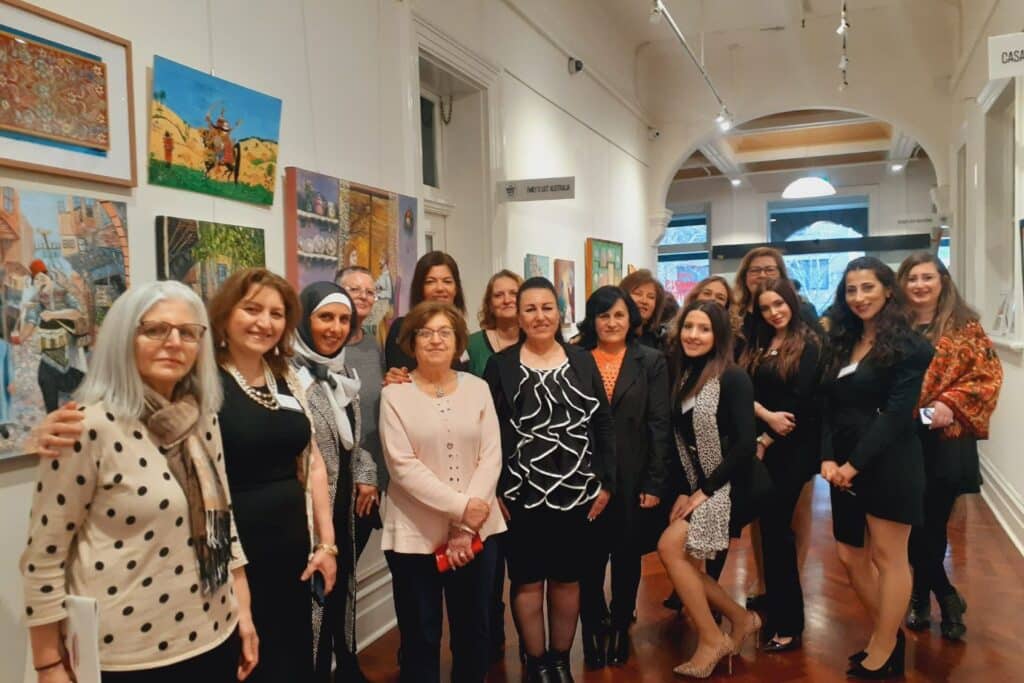More than three quarters of migrant and refugee women say they have more independence and opportunity in Australia than in their home countries, new research has found.
Migrant and refugee organisation AMES Australia conducted a survey of 120 women from 25 non-English speaking countries who have settled in Australia on their views on life in Australia.
An overwhelming majority (71 per cent) of respondents said life in Australia is better as a migrant and/or refugee woman than in their home country, with 78 per cent saying they are more independent since settling in Australia.
Most respondents (84 per cent) said they had more rights in Australia than back home, and 78 per cent said there were more opportunities for women in Australia.
Education and women’s health services are easier to access in Australia, according to 70 per cent of respondents, and more than half said it is easier to find work (53 per cent), drive a car (55 per cent) and access child care services (54 per cent).
Norma Medawar is a Syrian refugee who has been working with other migrant and refugee women north of Melbourne through AMES Australia. She said Australia offers many opportunities for migrant and refugee women to work and to study.
“For many of the women we work with, having a job in their home countries would not be possible,” Medawar said.
While the survey highlighted positive outcomes for migrant and refugee women settling in Australia, the results also painted a worrying picture of the impact of the cost of living crisis.
“For many people it has been a difficult time – exacerbating the dislocation or isolation they may have experienced leaving their homeland,” Medawar said.
“And for people with little English, it is harder to access support and services.”
In AMES Australia’s survey, 69 per cent of migrant and refugee women said they have been financially impacted by Australia’s dire cost of living crisis.
Cath Scarth, the CEO of AMES Australia, said migrant and refugee women on the whole are optimistic about settling in Australia, but are also more “vulnerable” to financial insecurity.
“What the survey tells us is that women migrant and refugees who come to this country appreciate the level of equality we have and then opportunities that are available to women here,” Scarth said.
“It shows that most migrants value our services and institutions want to make the most of what this country offers them.
“But it also shows that migrant and refugee women are also vulnerable to the effects of crises and downturns such as we have seen with the current cost of living squeeze.”
According to 2020 data from the Australia Bureau of Statistics (ABS), about four million women (15 per cent of the Australian population) were born overseas.
Women who have settled in Australia from a non-English speaking country face greater challenges and vulnerabilities than their English speaking/Australian born counterparts.
A study from Monash University in 2021 found a third of migrant and refugee women have experienced some form of family and domestic violence. The same survey found 27 per cent of married respondents stated they did not give full consent to the marriage.
The unemployment rate for women who have migrated to Australia is higher (6.29 per cent) than the rate for all Australian migrants (5.40 per cent).


